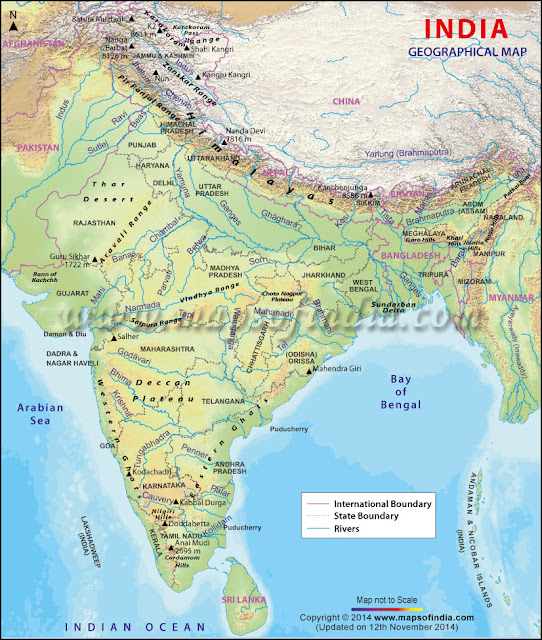Babur
Babur - Founder of Mughal Empire
Who were Mughals and Who was Babur?
Mughals belonged to a branch of the Turks called Chagatai, which is named after the second son of Genghis Khan, the famous Mongol Leader.
The Foundation of the Mughal Empire in India was laid by Babur, who was a Chagatai Turk.
Babur – Zahiruddin Muhammad
Babur (1526-1530)- Babur is the founder of the Mughal Empire in India.
- He was a descendant of Timur (on his father’s side) and Genghis Khan (on his Mother’s side).
- His original name was Zahiruddin Muhammad.
- In 1494 at the age of 11, Babur became the ruler of Farghana (at present in Chinese Turkistan) succeeding Umar Shaikh Mirza, his father.
- Daulat Khan, the most powerful noble of Punjab, who was discontented with Ibrahim Lodhi, invited Babur to invade India.
- He undertook four expeditions to India in order to conquer it between the years 1519 and 1523.
Babur’s Military Conquests
- In 1504, Babur occupied Kabul.
- In 1524, Babur occupied Lahore but had to retreat to Kabul after Daulat Khan turned against him.
- In November 1525, Babur attacked and occupied Punjab again.
- On 21st April 1526, Babur defeated Ibrahim Lodi in the First Battle of Panipat and quickly occupied Delhi and Despite vast and superior troop Ibrahim Lodi lost in the battle due to Babur’s superior strategy and use of artillery.
- The First Battle of Panipat marked the foundation of Mughal dominion in India.
- Babur conquered Delhi and sent his son Humayun to seize Agra.
- Babur announced himself as “Emperor of Hindustan”.
Rana Sangha & Babur
- Rana Sangha of Mewar was a great Rajput warrior.
- He gave the toughest resistance to Babur’s expansion plans.
- OnMarch 16, 1527, Rana Sangha, along with rulers of Marwar, Amber, Gwalior, Ajmer and Chanderi and Sultan Mahmood Lodi (whom Rana Sangha had acknowledged as ruler of Delhi) met Babur in a decisive contest at Kanhwa, a village near Agra. The aim was to prevent the imposition of another foreign repression on Babur succeeded over them by using similar tactics as in the Battle of Panipat. Then, he took on the title of “Ghazi”.
- In the year 1528, Chanderi was captured by Babur from Rajput king Medini Rai.
- On May 6, 1529, Babur met the allied Afghans of Bihar and Bengal on the banks of Gogra, near Patna and defeated them. With this battle, Babur occupied a considerable portion of northern India.
- On December 26, 1530, Babur died at Agra aged 40. His body was first laid at Arambagh in Agra but was later taken to Kabul, where it was buried.
Estimate of Babur
- He was an eminent scholar in Arabic and Persian.
- His mother tongue was Chaghatai Turkic.
- He was said to be a statesman.
- He wrote his memoirs, Tuzuk-i-Baburiin Turki language.

Comments
Post a Comment